Last Updated: October 28, 2025
How Pakistan Football Overcame Suspension and Reached the World Stage
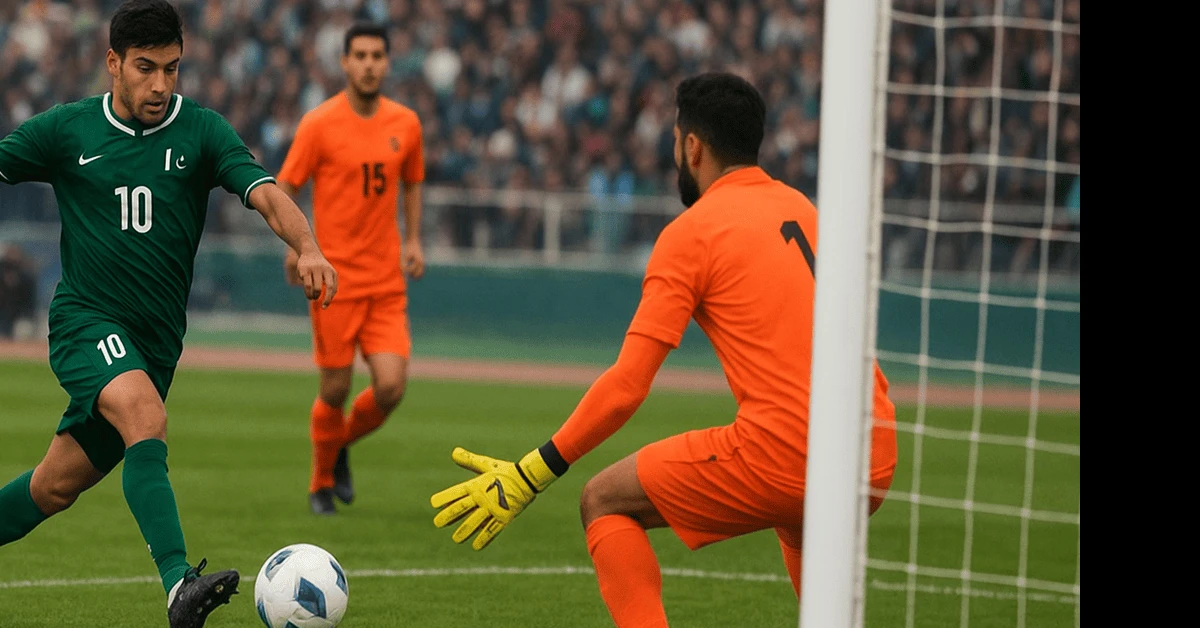
Football in Pakistan has long struggled with limited infrastructure, inconsistent governance, and low international recognition. For decades, cricket dominated the national sporting scene, leaving football to fight for attention. However, 2025 marks a pivotal year in Pakistan football, as the national team and local leagues have made unprecedented strides, turning challenges into opportunities and setting the stage for global recognition.
FIFA Suspension: The Turning Point
In early 2025, Pakistan faced one of its biggest football crises when FIFA suspended the Pakistan Football Federation (PFF) due to governance irregularities. This suspension barred the country from participating in international matches, including qualifiers and tournaments under FIFA’s jurisdiction. The suspension was a wake-up call, signaling that reforms were necessary to align with global football standards.
Governance Reforms and FIFA Reinstatement
After months of negotiations and structural reforms, the PFF adopted a new constitution approved by FIFA and the Asian Football Confederation (AFC). By March 2025, the suspension was lifted, allowing Pakistan to resume participation in international competitions. This reinstatement not only restored credibility but also opened doors for partnerships, sponsorships, and increased media attention.
Strategic Leadership and Coaching
To strengthen the national team, Pakistan appointed former Peruvian international Nolberto Solano as the head coach for both senior and U23 teams. His dual role ensures a cohesive development strategy, integrating young talent into the senior squad while improving tactical discipline and professionalism. Solano’s experience has already inspired players and staff, creating a renewed sense of purpose across the football community.
International Fixtures and Global Exposure
Following FIFA reinstatement, Pakistan actively participated in qualifiers for the AFC Asian Cup 2027. Matches against Afghanistan, Tajikistan, and Saudi Arabia provided vital international exposure and allowed players to experience higher levels of competition. Although victories were limited initially, these matches highlighted Pakistan’s potential and commitment to rising on the global stage.
Youth Development Programs
Youth development has been central to Pakistan’s football resurgence. The Karachi United School Championship, now in its latest edition, continues to nurture both boys and girls through competitive tournaments. Grassroots programs like this identify promising players, instill discipline, and prepare them for national and international competitions.
Infrastructure Improvements
Recognizing the need for better facilities, Pakistan upgraded major stadiums, including the People’s Football Stadium in Karachi, which now seats 40,000 spectators. Investment in training facilities, artificial turf, and coaching academies reflects a commitment to long-term growth. Local clubs are also benefiting from improved grounds and resources, boosting the quality of domestic competitions.
Challenges That Remain
Despite progress, Pakistan football still faces hurdles. Limited funding, lack of professional leagues, and cultural preference for cricket remain challenges. Additionally, maintaining consistency in governance and avoiding future FIFA disputes are critical for sustained growth.
The Road Ahead
Looking forward, Pakistan aims to strengthen domestic leagues, expand youth development, and improve coaching standards. Collaborations with international clubs and exposure tours are planned to enhance skills and competitiveness. If these initiatives succeed, Pakistan could emerge as a competitive football nation within Asia, inspiring the next generation of athletes.
Conclusion
The story of Pakistan football in 2025 is one of resilience and transformation. From the shock of FIFA suspension to competing on the world stage, the journey reflects determination, strategic planning, and a passion for the game. While challenges remain, the foundation has been laid for a brighter, globally recognized future for football in Pakistan.
FAQs
1. Why was Pakistan Football Federation suspended by FIFA?
The suspension was due to governance irregularities and failure to meet FIFA’s organizational standards.
2. Who is the current head coach of Pakistan’s national football team?
Former Peruvian international Nolberto Solano serves as the head coach for both senior and U23 teams.
3. What steps were taken to lift the FIFA suspension?
The PFF adopted a new constitution aligned with FIFA regulations and implemented structural reforms in governance and management.
4. How is youth football being developed in Pakistan?
Programs like the Karachi United School Championship focus on identifying and nurturing talent among boys and girls at grassroots levels.
5. What are the main challenges facing football in Pakistan today?
Challenges include limited funding, insufficient professional leagues, cultural preference for cricket, and maintaining governance consistency.
You May Also Like:
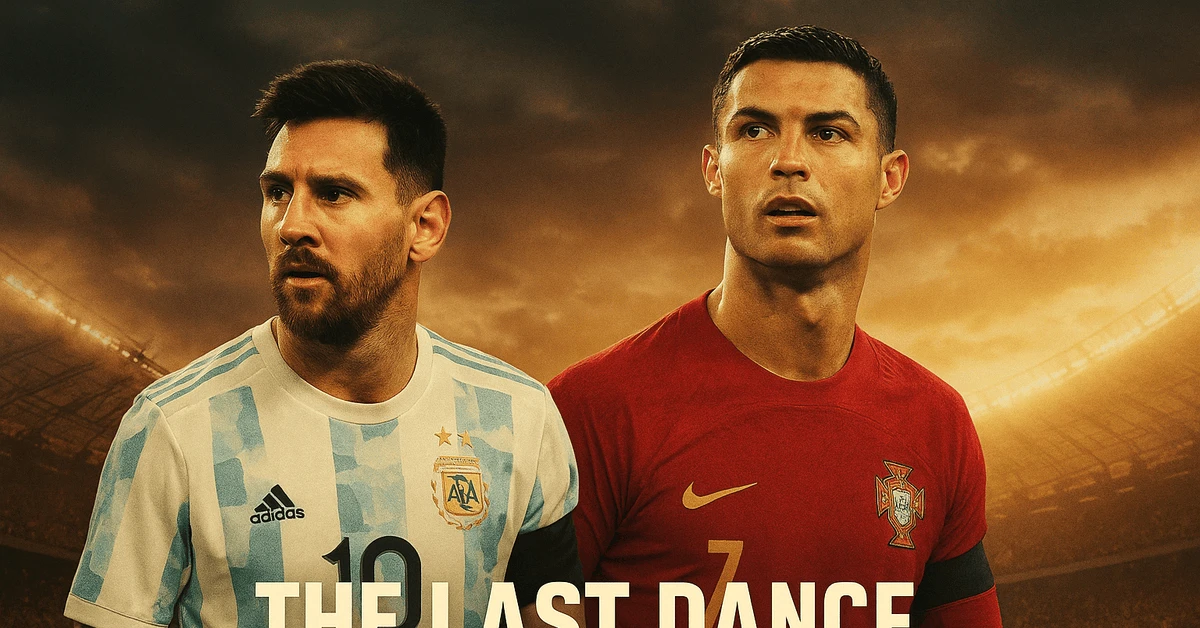
The Post-Messi-Ronaldo Era: Who’s Really Carrying Football’s Global Popularity Now?...

Top 15 Women’s Football Superstars of All Time...
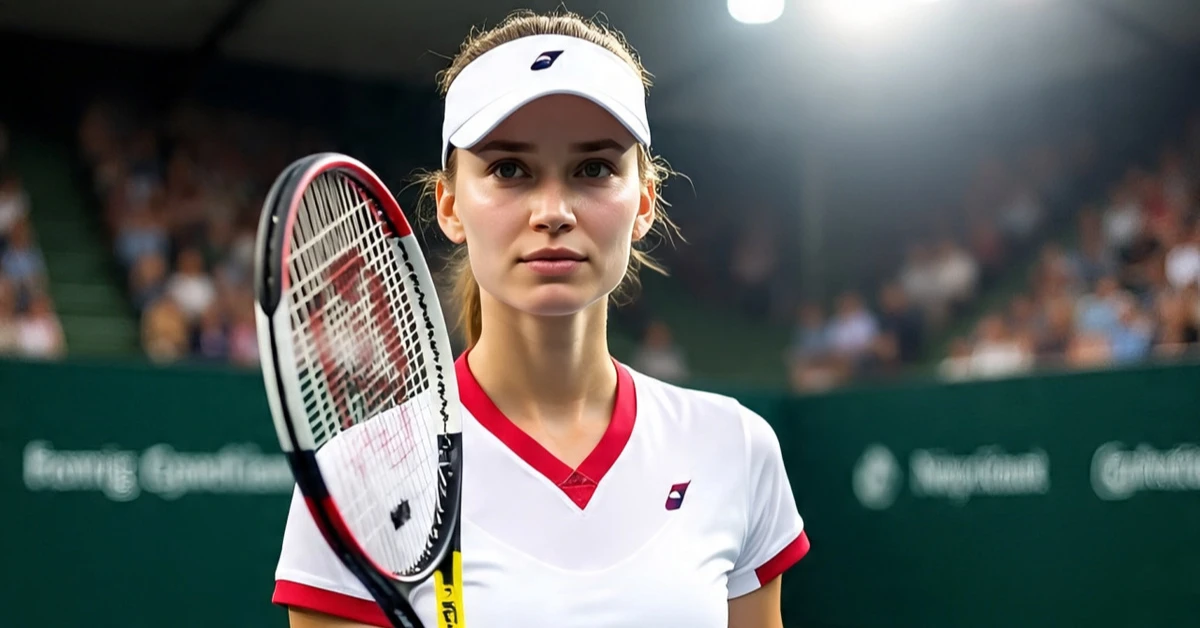
Elena Rybakina’s Journey to Tennis Supremacy: The Fierce Fight for World No.2...
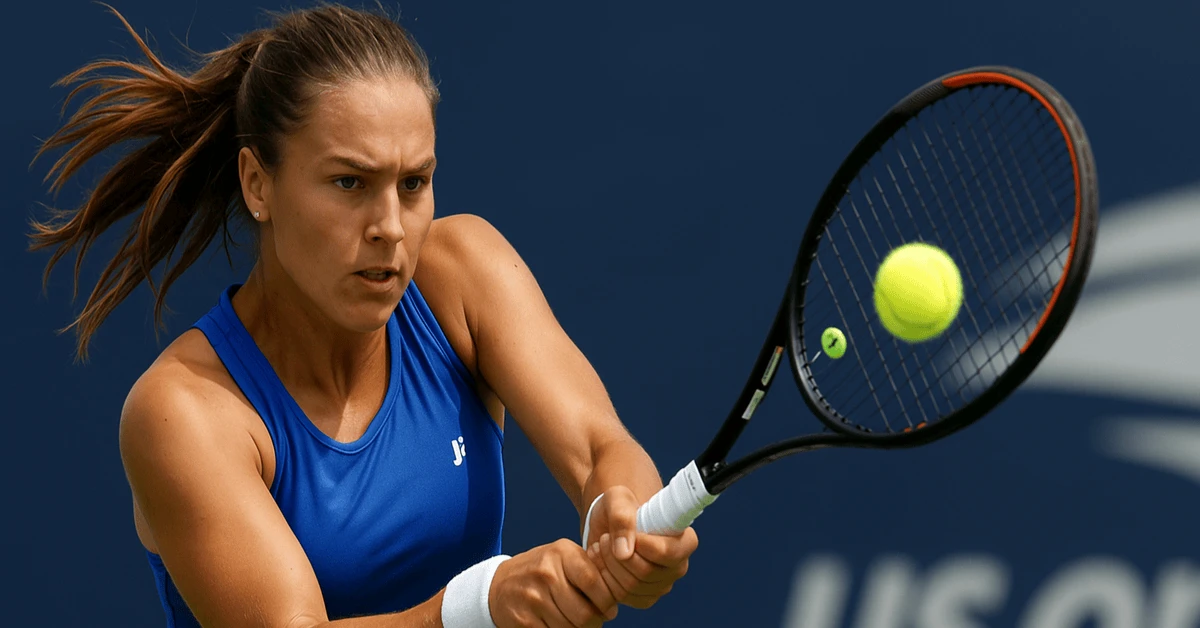
Katarina Zavatska Shocks the Tennis World: From ITF Underdog to WTA Contender...
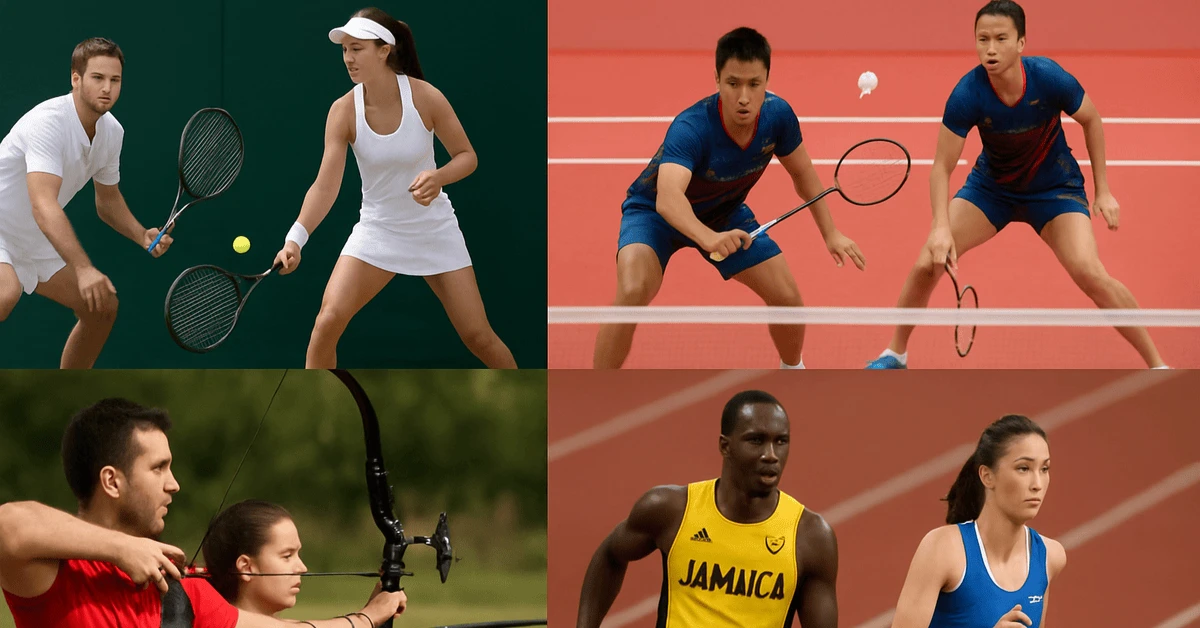
Top 10 Mixed-Gender Sports in the World That Prove Skill Has No Gender...
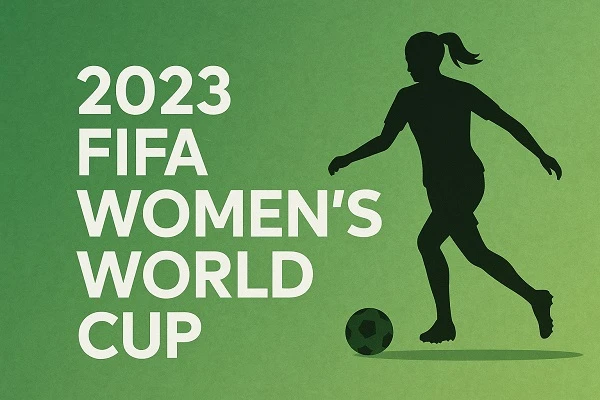
The 2025 FIFA Women’s World Cup: A Historic Leap in the Legacy of Women’s Soccer...

Why This Tiny Country Keeps Producing the World’s Strongest Athletes...

